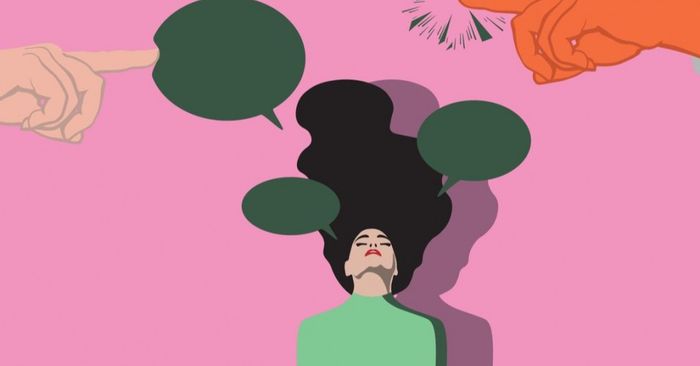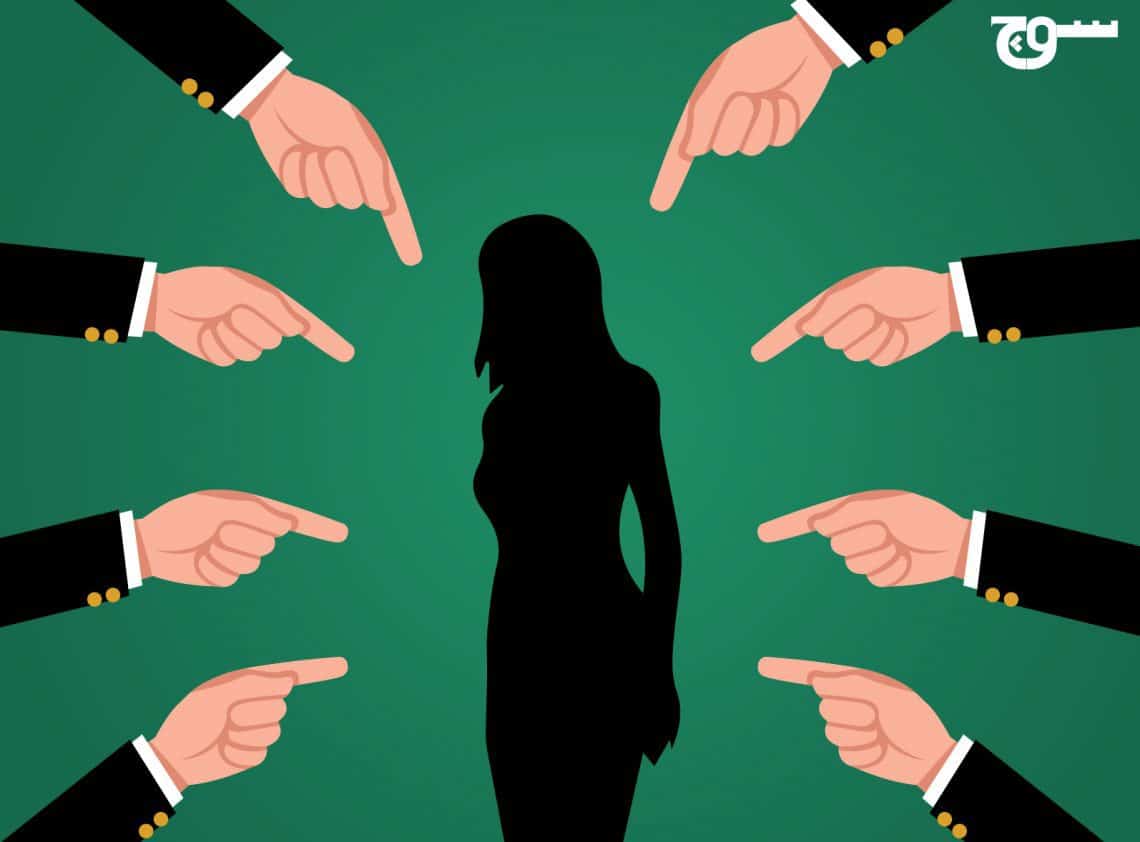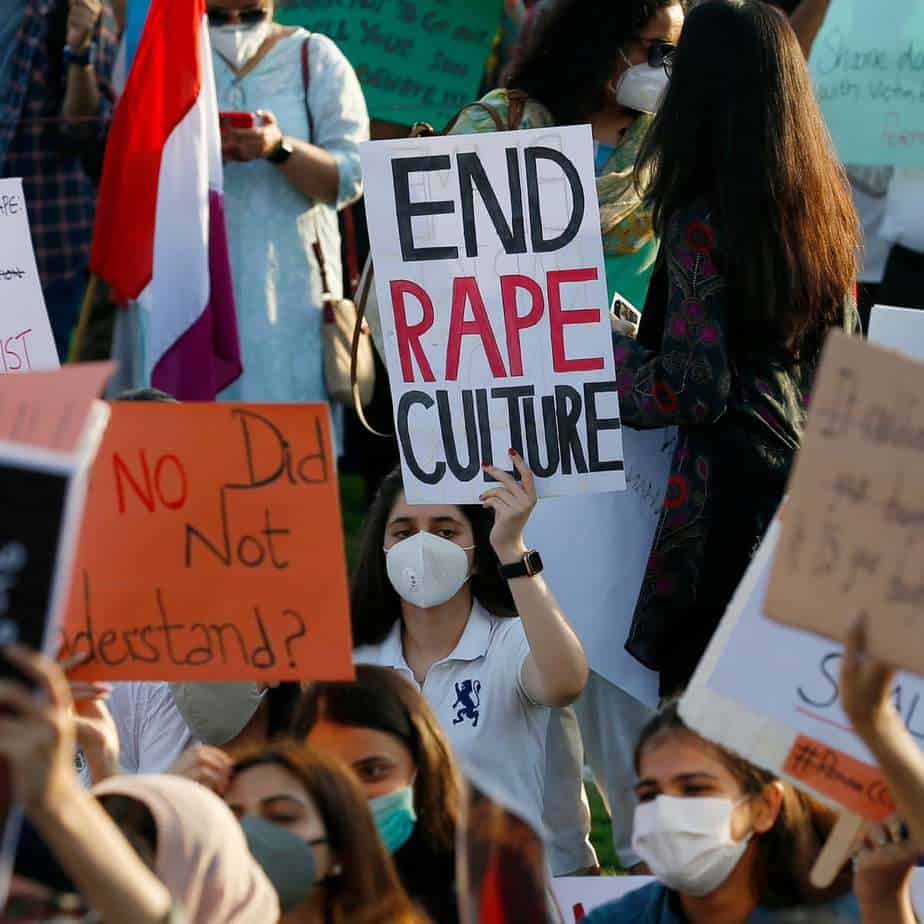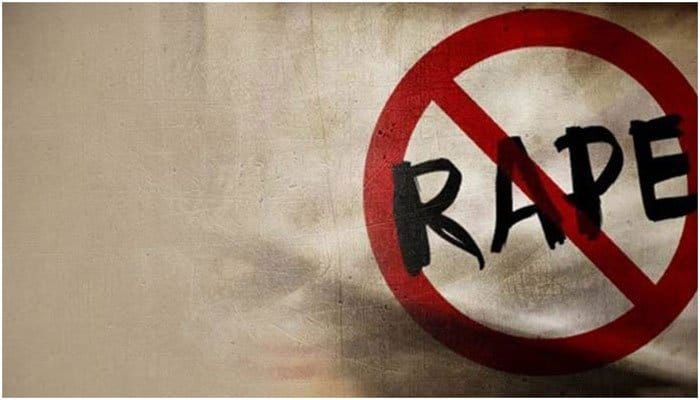TW // sexual violence, sexual abuse

Despite sexual assault being highly underreported in Pakistan, it is amongst the 10 worst countries when it comes to its rape cases. During the pandemic, there was a 25 percent increase in domestic violence against women in Punjab, while a report published in 2020 revealed a 200 percent increase in general violence against women. Despite these numbers, the implementation of a decisive and just punishment system against rape, is constantly put on the back-burner. Instead of making strides in our attitude towards rape, we seem to be taking steps backward – as proven by recent comments made from several influential figures. Comments that normalise rape culture are endemic in our country, but when these comments come from individuals with mass followings, they become especially dangerous; they hold the power to prompt and encourage some to take such heinous actions. But in order to recognise one’s part in promoting rape culture, it’s first important to understand what exactly it is:

What Is Rape Culture?
Rape culture is ‘used to describe a culture in which rape and sexual violence are perceived to be common and in which prevalent attitudes, norms, practices, and media normalize, excuse, tolerate, or even condone sexual violence.’ Through misogynistic language, objectification of bodies and glamorisation of sexual violence, it perpetuates the idea that survivors are responsible for what has been done to them.
When the Prime Minister of the country claims that “in any society where vulgarity is prevalent, there are consequences”, there is a two-fold effect: it puts the blame on the survivor and consequently, makes the perpetrator feel justified in their actions. Imran Khan’s recent comment is reminiscent of other statements made by influential figures in the past such as when Pervez Musharraf said that ‘crying rape’ was an easy way to make money, or when the CCPO of Lahore questioned why the woman who was gang-raped in front of her children, chose to take that route alone at night. These statements hold an appalling disregard for the sway of these powerful individuals, but also completely fail to address something integral: the diversity in the experiences of rape.
The Diversity In The Experiences Of Rape
By pointing fingers at a woman’s clothes, whereabouts and motives, not only is it being said that men can’t control themselves, but it’s limiting the experience of rape to something between a woman and a man. 736 million women in the world – almost one in 3 – have been subjected to sexual violence, and most women are either living through the trauma of it, or in the fear of it. In comparison, one in 71 men are raped. So yes, women do undergo it far more than men do, but that doesn’t change the fact that men do get raped – and a woman’s choice of clothing has nothing to do with it.
It’s also not just men and women. Children get raped, dead bodies get raped and even animals get raped. People are raped for refusing to accept a marriage proposal, while others are raped for crimes committed by family members. Are we going to blame children for their vulgarity or lifeless corpses for enticing men? If it’s a woman’s clothing that leads to rape, why do people rape for ulterior motives? The reality is, there isn’t any justification for rape. It’s an abhorrent, evil and monstrous act. The sooner our politicians and media figures accept that, the sooner we can move on to the real work: reducing instances of rape.
Consequences Of Rape Culture
In a society like ours where sex is already a taboo topic, the ever-growing prevalence of rape culture makes it especially difficult for survivors to seek out justice for the crime done to them. Victim blaming alienates survivors and instead of law enforcement being a safe space, it becomes a suffocating reminder that society is not on their side. This is because rape culture trickles down into every facet of society and within the justice system it results in delayed medical exams, police officers not taking reports seriously, prosecutors not taking up the case and judges hanging out exceptionally light sentences in the rare case that a conviction does happen.

The History Of Laws Against Rape In Pakistan
The systemisation of rape culture in Pakistan dates back to the country’s history, when the Zina Ordinance was introduced by Zia ul Haq in 1979. These laws were especially oppressive towards women as cases of rape could be proven as adultery if the woman wasn’t able to provide male witnesses. Rape, adultery and fornication were given the same meaning, and the laws laid the groundwork for the way rape is perceived in Pakistan today: a woman’s fault.
In 2006, the Women’s Protection Act reclassified rape, separating it from adultery and fornication. Since then, several changes have been made to the laws with the most recent one taking place just last year, when Imran Khan backed a law for stronger punishments against rapists, such as with the administration of chemical castration. However, this fails to recognise that tougher punishments don’t deter rape – the certainty of punishment does. In fact, according to a study done in India, there is no correlation between capital punishments and reduced instances of rape. Such statements are theatrical and might help in easing the public’s rage, but they don’t make it any easier for a rape survivor to get justice.
What Can Be Done?
Our government needs to work harder to ensure that there is a punishment for rape as currently, less than 3 percent of rapes lead to a conviction. But there are also other measures that can be taken to potentially reduce rape occurrences and support survivors.
Introduce Sex Education At A Young Age
Sex is rarely spoken about in our society, and consent even less so. But brushing away the topic is evidently doing us more harm than good. Studies show that the earlier we speak about sex, the less likely it is that abusive patterns will develop. Introducing education on consent and that it’s not as simple as yes or a no would be the first step, but training all teachers and staff members on sexual misconduct, consent and infusing these conversations throughout the curriculum, will allow it to have a more lasting effect. Certain groups in Bangladesh are in fact pushing for sex education for this very reason.
Create Virtual Safe Spaces For Rape Survivors
It will be a long time till individuals are able to freely speak about sexual harassment and violence without the fear of being judged or held responsible for it, but this doesn’t mean that we shouldn’t create safe spaces for them to be able to share their story. In India, an oxford trained lawyer set up a website to provide survivors with a space to record their experiences, regardless of their gender or sexual orientation; a similar initiative can be taken here.
Amend The Legal Definition Of Rape
Currently our laws define rape as a crime committed by a man to a woman, but rape isn’t only applicable to women. The definition of rape should be gender-neutral so that it can include men, people of the same sex, transgenders and even martial rape. If civil-society activists create a petition to re-phrase the definition, maybe change can be achieved in the near future.
Donate To Agencies That Are Committed To Reducing Rape In Society
Several NGO’s are working to facilitate rape survivors and provide them with counselling, legal services and referrals to other centres. War Against Rape (WAR) is one such organisation; they have worked with legal divisions to help convict rapists and are involved in several projects with other agencies in order to better the system of responding to rape. While we should be aiming to create more agencies that are working towards this goal, donating to the ones that already exist is the least we can do.










What do you think?
You must be logged in to post a comment.